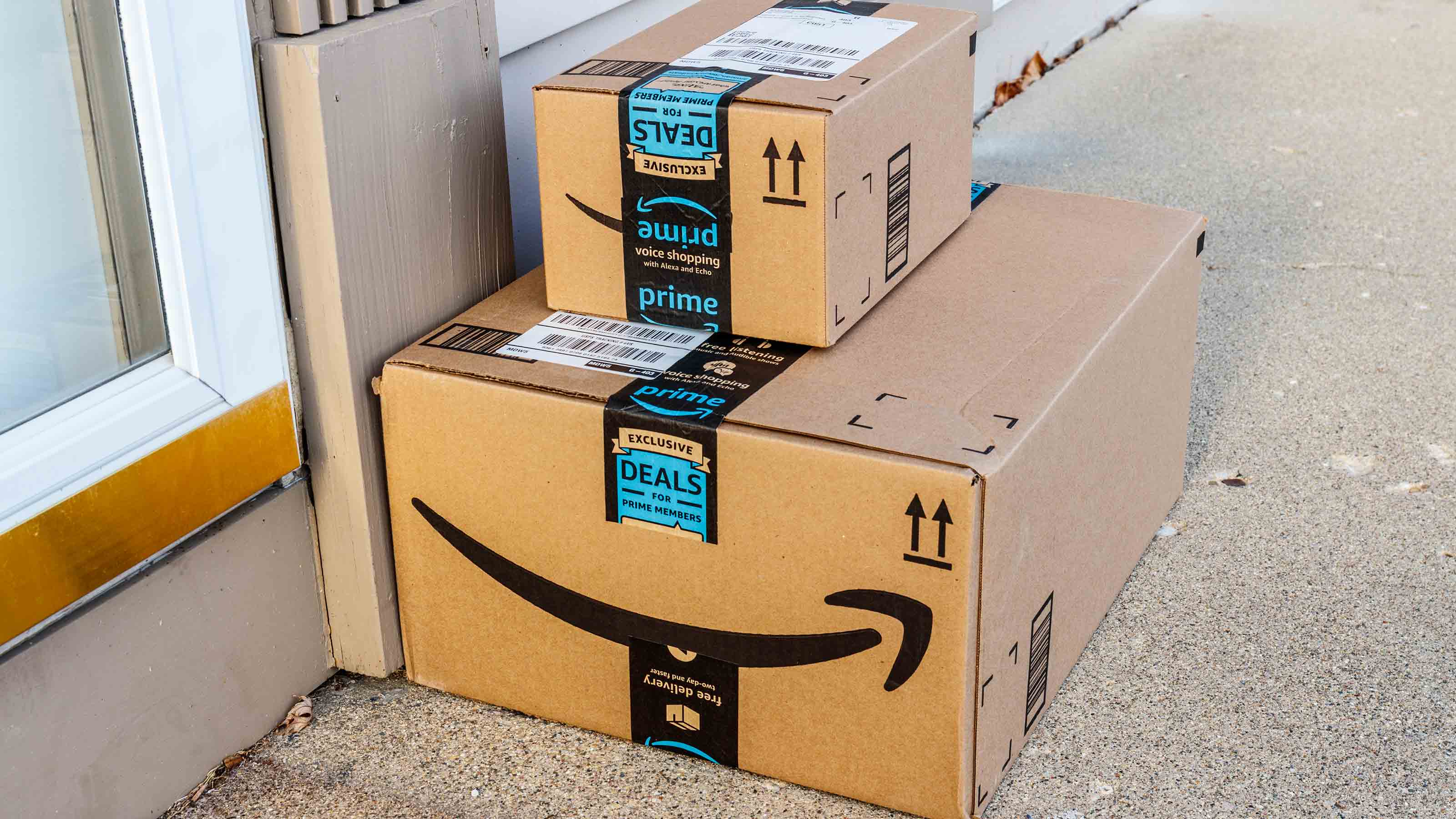5 Things to Know About Mobile Wallets
A smart phone may soon replace your plastic. But don't ditch your credit cards yet.

1. No pen or stylus required. There are two ways to use your smart phone at checkout. The first involves loading a cloud-based mobile application, such as LevelUp or Square Wallet. You then link the app to a bank or credit account and make payments by hitting a button on your phone or displaying a code for the cashier to scan. (You can also make cloud-based payments with PayPal at some stores by punching in your mobile phone number and a PIN at the payment terminal.) The other relies on near field communication, or NFC. Install a mobile app such as Google Wallet or Isis on an NFC-equipped phone and you can pay from the account you choose by tapping the phone on an NFC payment terminal.
2. It’s not just about the money. Some mobile wallets store your loyalty cards and reward accounts. With Google Wallet, you can automatically redeem discounts stored in the app when you tap your phone to pay at some Macy’s and Old Navy locations. Apple’s Passbook app lets you organize items such as coupons and movie tickets. The app can also check the time of day and your location to pull up an item you need to your screen, such as an airline boarding pass.
3. Your data is more vulnerable. When you use a credit or debit card through your phone, the same fraud protections you get with a plastic card apply, says Marianne Crowe, vice-president of payment strategies for the Federal Reserve Bank of Boston. Sign up with your carrier (or load a security app) for a service that disables your phone remotely if it is stolen. Before you use any mobile-payment app, research its security protections carefully. Safeguard your phone’s home screen and your wallet app with separate PINs, if possible.

Sign up for Kiplinger’s Free E-Newsletters
Profit and prosper with the best of expert advice on investing, taxes, retirement, personal finance and more - straight to your e-mail.
Profit and prosper with the best of expert advice - straight to your e-mail.
4. Now for the fine print. A limited number of merchants accept mobile transactions (and those that do may or may not support your method of payment). For example, American Eagle Outfitters, Jamba Juice and Toys “R” Us are among those that accept Google Wallet and PayPal. Some wallets limit the debit or credit cards that you may use. Isis, for example, works only with its own prepaid card and American Express, Capital One and Chase credit cards. Sprint is the only major wireless carrier with a selection of devices that support Google Wallet. Isis is available on some NFC-equipped phones from AT&T, T-Mobile and Verizon, but it currently works only at stores in Austin and Salt Lake City, with plans to grow. Sorry, Apple aficionados: The iPhone doesn’t yet support NFC.
5. Are we there yet? Tech experts are predicting that swiping or tapping a phone to make purchases will become mainstream over the next decade. But consumers still seem to be satisfied with their low-tech, analog wallets, given the current lack of streamlined payment options that work everywhere and on any phone. And items such as driver’s licenses and insurance cards haven’t gone digital yet, notes Michael Katz, professor of economics at the Haas School of Business at the University of California at Berkeley. He suggests that bonuses and sweeteners — such as an automatic discount on, say, every fifth cup of coffee you buy at your favorite shop — would enhance the value of mobile wallets for many consumers.
Get Kiplinger Today newsletter — free
Profit and prosper with the best of Kiplinger's advice on investing, taxes, retirement, personal finance and much more. Delivered daily. Enter your email in the box and click Sign Me Up.

Lisa has been the editor of Kiplinger Personal Finance since June 2023. Previously, she spent more than a decade reporting and writing for the magazine on a variety of topics, including credit, banking and retirement. She has shared her expertise as a guest on the Today Show, CNN, Fox, NPR, Cheddar and many other media outlets around the nation. Lisa graduated from Ball State University and received the school’s “Graduate of the Last Decade” award in 2014. A military spouse, she has moved around the U.S. and currently lives in the Philadelphia area with her husband and two sons.
-
 The AI Doctor Coming to Read Your Test Results
The AI Doctor Coming to Read Your Test ResultsThe Kiplinger Letter There’s big opportunity for AI tools that analyze CAT scans, MRIs and other medical images. But there are also big challenges that human clinicians and tech companies will have to overcome.
By John Miley Published
-
 The Best Places for LGBTQ People to Retire Abroad
The Best Places for LGBTQ People to Retire AbroadLGBTQ people can safely retire abroad, but they must know a country’s laws and level of support — going beyond the usual retirement considerations.
By Drew Limsky Published
-
 Roth IRA Contribution Limits for 2025
Roth IRA Contribution Limits for 2025Roth IRAs Roth IRA contribution limits have gone up. Here's what you need to know.
By Jackie Stewart Last updated
-
 Four Tips for Renting Out Your Home on Airbnb
Four Tips for Renting Out Your Home on Airbnbreal estate Here's what you should know before listing your home on Airbnb.
By Miriam Cross Published
-
 Five Ways to a Cheap Last-Minute Vacation
Five Ways to a Cheap Last-Minute VacationTravel It is possible to pull off a cheap last-minute vacation. Here are some tips to make it happen.
By Vaishali Varu Last updated
-
 How to Figure Out How Much Life Insurance You Need
How to Figure Out How Much Life Insurance You Needinsurance Instead of relying on rules of thumb, you’re better off taking a systematic approach to figuring your life insurance needs.
By Kimberly Lankford Last updated
-
 Amazon Big Deal Days Is Coming! We’ve Got All the Details
Amazon Big Deal Days Is Coming! We’ve Got All the DetailsAmazon Prime To kick off the holiday season with a bang, Amazon Big Deal Days runs Tuesday, October 8 and Wednesday, October 9.
By Bob Niedt Last updated
-
 How to Shop for Life Insurance in 3 Easy Steps
How to Shop for Life Insurance in 3 Easy Stepsinsurance Shopping for life insurance? You may be able to estimate how much you need online, but that's just the start of your search.
By Kaitlin Pitsker Last updated
-
 Five Ways to Shop for a Low Mortgage Rate
Five Ways to Shop for a Low Mortgage RateBecoming a Homeowner Mortgage rates are high this year, but you can still find an affordable loan with these tips.
By Daniel Bortz Last updated
-
 Retirees, It's Not Too Late to Buy Life Insurance
Retirees, It's Not Too Late to Buy Life Insurancelife insurance Improvements in underwriting have made it easier to qualify for life insurance, which can be a useful estate-planning tool.
By David Rodeck Published